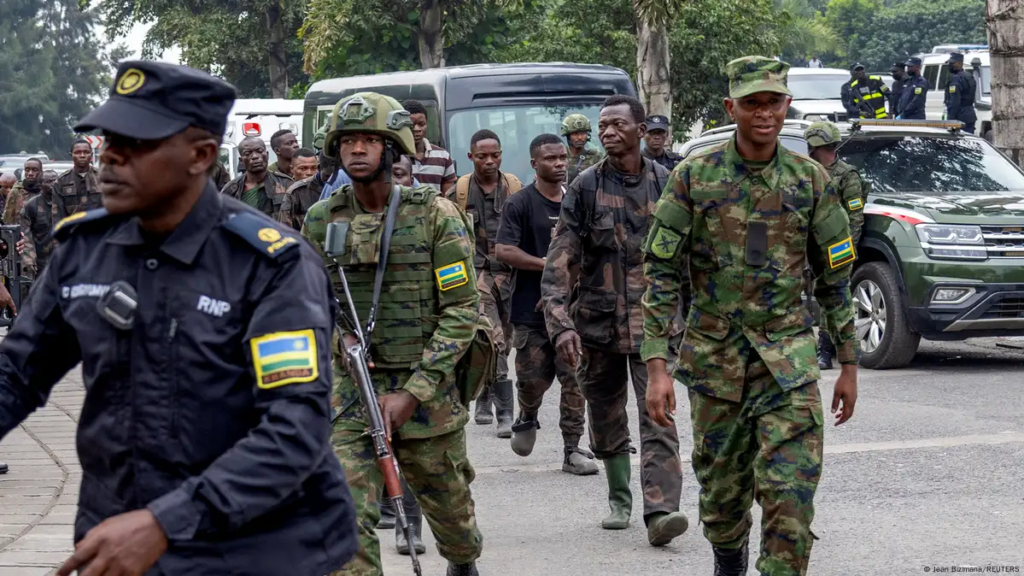M23 fighters, supported by Rwanda, continue their advance into eastern DR Congo. Despite being outnumbered by the Congolese army, questions arise about the military’s ability to respond effectively.
Since January, the M23 rebel group has taken control of two key cities, Goma and Bukavu, in the Democratic Republic of Congo (DRC). The rebels now govern the regions under their control.

While the Congolese armed forces (FARDC) numbered around 135,000 soldiers in 2022, experts believe that number has likely grown since then. The United Nations estimates M23 has only a few thousand fighters, bolstered by around 4,000 Rwandan soldiers.

Despite FARDC’s larger size, several factors contribute to its struggle against the rebels. One major issue is systemic corruption within the military, with funds meant for soldiers’ salaries and logistics often disappearing. This has resulted in low morale, frequent desertions, and cases of soldiers resorting to looting or extorting locals to survive
.
FARDC’s inefficiency is also evident in its lack of training, outdated equipment, and poor communication. Unlike M23, which is well-trained with combat tactics suited to the mountainous terrain of North Kivu, FARDC struggles with logistical and technological deficiencies. Coordination is so poor that sometimes the army relies on informal channels like WhatsApp to communicate between units, making it difficult for central command in Kinshasa to issue and enforce orders.
Furthermore, cronyism within the military has led to the appointment of commanders based on loyalty to the regime, not competence, which has resulted in poor tactical decisions. The army also suffers from constant rotation in leadership, suggesting a lack of capable personnel and undermining efforts for reform.
The legacy of division within the army also plays a role. The military has long been infiltrated by external forces, such as Rwanda, and the government is wary of negotiating with M23 due to fears of further infiltration. These issues have left the DRC military struggling to maintain control and respond effectively to the M23 threat.